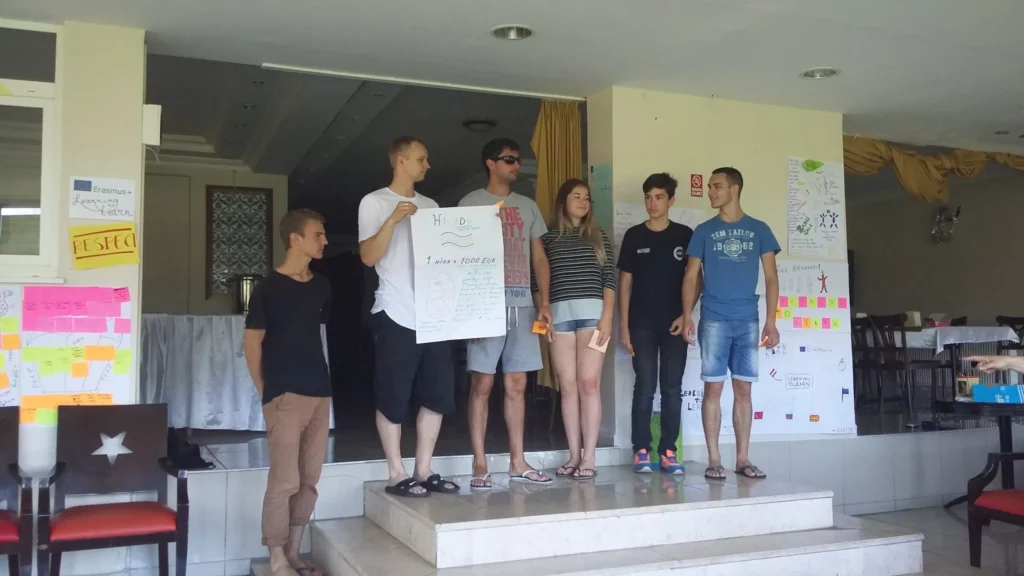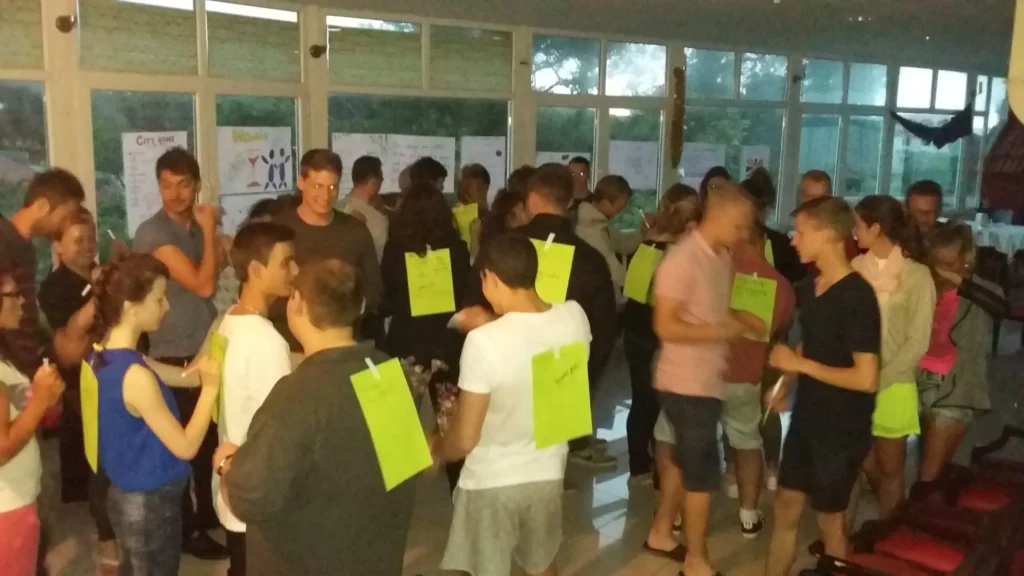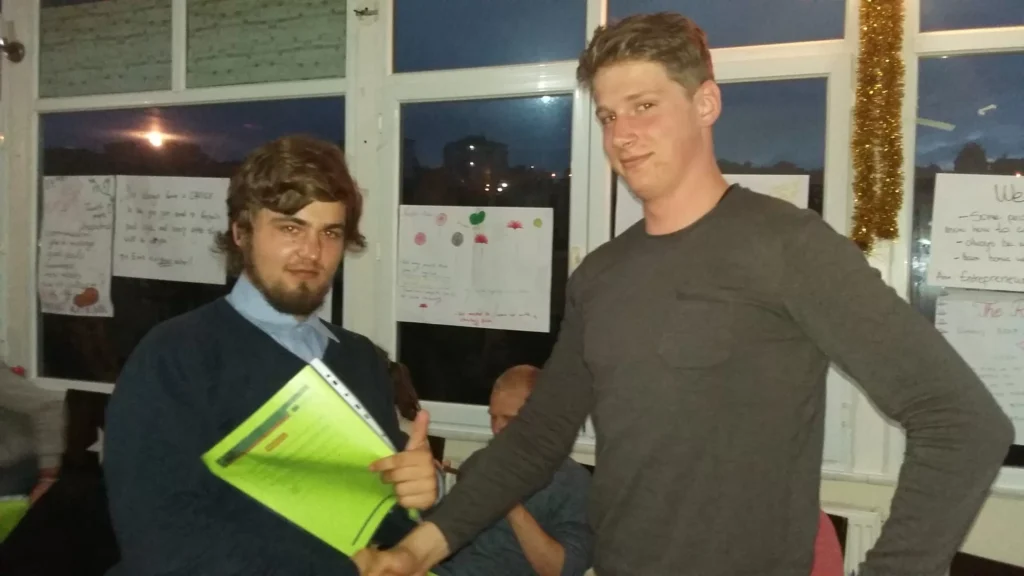Learning to Learn
ERASMUS+ YOUTH EXCHANGE PROJECT
From June 1 until June 8, 2016 in Akcakoca, Turkey, took place the Erasmus+ youth exchange project “Learning to learn”
The aim of “Learning to learn”: to enable the person to know himself and his skills, learn his perception features, know the learning principles, know why, from where, how they will get the information, to use his emotions and senses in learning.
The overall objective of the project was to increase the consciousness level of the youth about the learning styles and to help the youngsters to increase the capacity of learning.
Our objectives were as follows. – to help the youth to become more aware of fears, how to overcome them and how to become more committed to their goals and to learning process, how to learn from the mistakes, – to share the non-formal learning methods to enable them to question how and why they do which activity, – to disseminate good practices on learning to learn, – to make the participants aware of individual learning differences.
In this project took part 5 countries: Latvia, Estonia, Turkey, Macedonia and Bulgaria. 50 people in together. 10 participants from each country. Each country selected: 1 group leader who has already experience in learning methods and is socially active, 4 participants with good or almost good learning skills and 5 participants which face problems with learning in school or at the university or who have left school or university without finishing it. In this way we were able to build a supporting environment for the participants facing difficulties with learning. Unfortunately one participant from Latvia couldn’t join the project because of the family issues in the very last moment before the project.
The participants were youth from 18 till 30 and group leaders, facilitators 18+. As the group was very big, then in APV meeting partners decided that it is necessary to have more facilitators, so from Latvia there came 2 facilitators and also from Turkey the project coordinator was all the time available on the project place. The main activities we did during this project:
Meeting and introduction games, Adaptation and Group Dynamism games, project Sharing Hour, Wish Baloon and Fear Well, ‘What is in my bag?’ activity, cultural Night, My travel of learning’ activity, Individual SWOT analysis and desirable competence circle, ‘Im discovering my Potential, My learning Plan’, NGO fair, Poster preparation, Learning styles, Group discussions, Right/Left Brain Training, Memory games, Learning based on Case study, Simulation Games, , Creative Group Work, Erasmus + and Youthpass Presentation, ‘My action Plan’ activity and evaluation activities.
The methods we used in these activities:
Orientation activities, energizers, games, group works, brainstorming, warm-ups, interactive presentations, observation
on-site, individual work, discussion, role-play, survey methods and individual and group coaching sessions will be used.
The activities were organized in the way that the participants could ask themselves how and why they do which activity, they developed skills to use the right method for themselves and encouraged others to learn by doing. With different activities, they did understand the importance of learning to learn, discovered different learning methods. The youngsters admitted at the end of the project that the best way for them to learn is learning by doing. They did enjoy a lot the practical tasks and interaction with local people and other youngsters.
The meeting games and cultural night helped the participants to raise the tolerance among each other and their culture, the prejudice was removed, they did become very good and close friends and kept in contact also after the end of exchange week. As a result the cooperation and solidarity between partner organizations also increased. After the project the participants told about this project to their friends and in this way they increased their interest about the Erasmus+ among youngsters.
As the participants became good friends, they were eager also to learn the languages of other participants and they returned back home also with knowledge about cultural and language differences and similarities in Europe. And in this way increased the number of people who agree with the concept of being a European Citizen who feel that they are one
society who are in peace with each other.
 This project has been funded with support from the European Commission. The information published in this group reflects the views only of the author, and the Commission cannot be held responsible for any use which may be made of the information contained therein.
This project has been funded with support from the European Commission. The information published in this group reflects the views only of the author, and the Commission cannot be held responsible for any use which may be made of the information contained therein.



